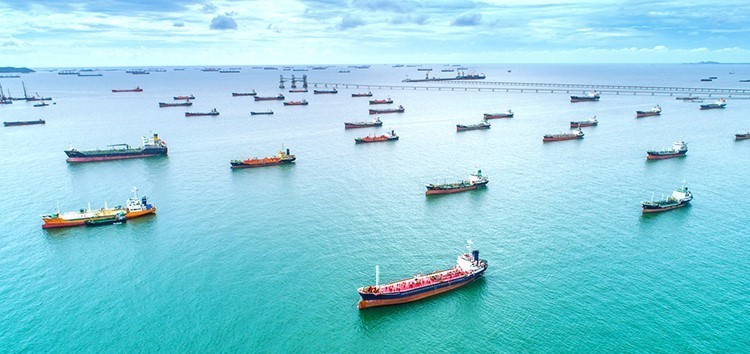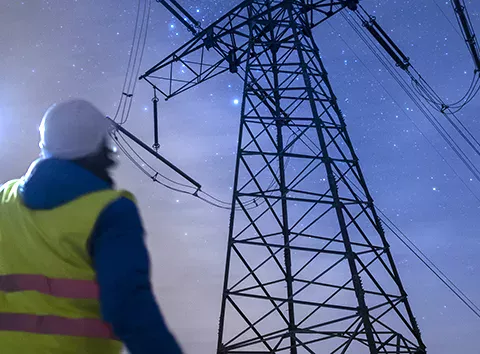The Sustainable Blue Economy Finance Principles are the gold standard to invest in the ocean economy. Launched in 2018, they are the world’s first global guiding framework for banks, insurers and investors to finance a sustainable blue economy. They promote the implementation of United Nations Sustainable Development Goal 14 (Life Below Water), and set out ocean-specific standards, allowing the financial industry to mainstream sustainability of ocean-based sectors.
The principles are hosted by UNEP FI, a partnership between UNEP and the global financial sector to mobilise private sector finance for sustainable development. They were developed by the European Commission, WWF, the World Resources Institute (WRI) and the European Investment Bank (EIB).
The largest ecosystem on earth, the ocean is the lung of the planet, providing the oxygen for every second breath we take. It provides the main food source for almost half of the world’s population and plays host to an estimated 80 per cent of the planet’s biodiversity. Major industries such as shipping, fishing, aquaculture, and coastal tourism depend upon ocean health.
With an annual economic value estimated at US $2.5 trillion, equivalent to the world’s seventh largest economy, the blue economy is increasingly attracting investors, insurers, banks, and policymakers as a new source of opportunity, resources, and prosperity. However, its rapid unsustainable growth can lead to environmental risks and losses in natural capital, eroding the ocean’s resource base and creating regulatory, market and physical risks.
The EBRD, already in the vanguard of climate finance, plans to expand the proportion of its environmental sustainability lending to more than 50 per cent over the next five years.
The Bank’s track record on delivering the Sustainable Blue Economy Finance Principles includes, notably, work on the Northern Dimension Environmental Partnership (NDEP), promoting environmental remediation in the Baltic and Barents Seas, with a particular focus on supporting wastewater treatment to improve the health of the marine environment and fight eutrophication. Over the past 20 years, this programme has supported 23 wastewater treatment facilities with €182 million in grants for a total project value of €1.3 billion, treating two million cubic metres of water per day – or 1,000 Olympic swimming pools.
The EBRD and the International Maritime Organisation (IMO) also continue their partnership through the GloBallast programme to stop global spread of invasive species and pathogens in the ballast tanks of international cargo vessels and protect marine biodiversity.






